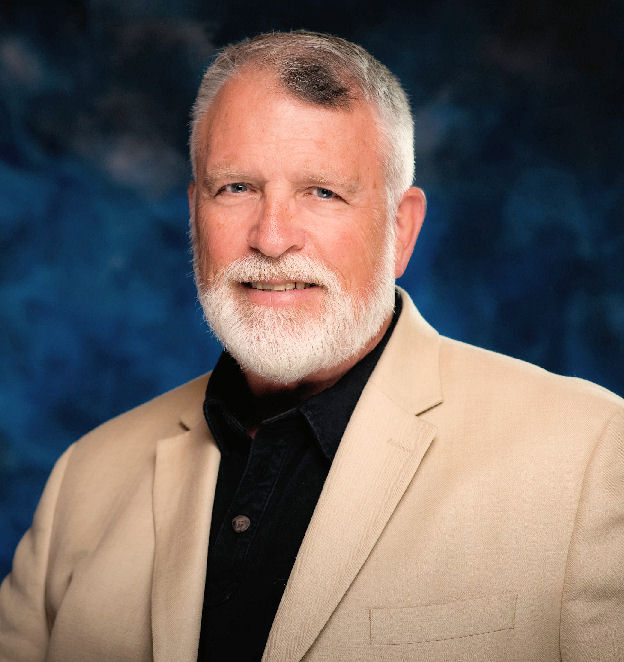Quiet Quitting: How to Spot It! Stop It! Quickly Re-Engage, Re-Energize, & Retain Your Talented Workforce!
Are you worried about your talented employees, who contribute to your organization’s success, not being fully engaged and even mentally checking out? According to a Gallup 2024 Engagement Survey, workplace trends like “quiet quitting” and “bare minimum Mondays” are on the rise and make it increasingly challenging to operate a high-performance workplace.
When someone "quietly quits," they don’t resign from their job – but they take a step back from their emotional investment and engagement in their work. You can think of quitting as “going through the motions” – doing the bare minimum to keep your job, flying under the radar screen rather than trying to excel and simply fulfilling your job duties, but doing no more than that. It is a description of a disengaged employee.
According to this survey, Gallup found quiet quitters, or those not engaged, make up to 50% of the US workforce; and that employee engagement is falling specifically among younger workers: Gen Zs and millennials under 35. Organizations have always had workers who occasionally disengaged — this was an issue even before the global pandemic. But now, given today’s workplace trends employee engagement needs to become an even bigger focus, especially for your younger workers.
This webinar will help employers and managers understand the reasons behind quitting and will provide the 5 key factors that drive employee engagement and retention focusing on the Gen Z’s and young millennials. In other words, what can organizations, as well as their leaders, do to spot quiet quitting, stop it, and quickly re-engage and re-energize your workforce?
This webinar will focus on what organizations and managers can do to combat quitting and improve employee engagement and retention. The objectives are:
- Recognize the 7 signs your staff might be quite quitting and what you need to do to stop it.
- Identify the top triggers causing disengagement and quiet quitting and how to turn it around.
- Discover the 4 reasons driving a decline in engagement among Gen Z and young millennials.
- Review 5 proactive strategies organizations can implement to prevent and counteract quiet quitting.
- Learn 5 ways managers can create a work environment that motives employee engagement and retention
- Realize that increased pay is not the only way to win back the disengaged worker and stop quiet and real quitting.
Do your people feel fully engaged or just going through the motions? Are you seeing a decrease in productivity or pushback from normally cooperative employees? Perhaps they stopped taking initiative or working effectively with their team members? Or they are coming in late or taking more personal or sick days?
These can be signs of a team member who is silently quitting. The result is that it can erode the manager-employee relationship, cause dissatisfaction within your team, and create conflict and potential disengagement for your other employees. Therefore, it is in a manager’s best interest to recognize and get to the heart of what fuels the problem of quiet quitters and quickly re-engage and re-energize their staff. By proactively taking steps to keep employees engaged, boost their morale, and reward their valuable contribution to the team and the company, you can avoid having a team full of quiet quitters.
Gallup has found that managers are in the best position to understand and combat the drivers of engagement quitting among their team members. In this webinar, you will learn what is quiet quitting; how to know if your employees are quietly quitting; how to deal proactively with quiet quitting; and how to improve the engagement so that you have a strong, committed, energized team.
- CEOs,
- COOs,
- VP of Human Resources,
- Chief Learning Officers,
- Chief People Officers,
- Directors,
- Project Managers,
- Operation Managers and Supervisors, Team Leaders, Human Resources Professionals.
Marcia Zidle, the Smart Moves Coach, is a board-certified executive and career coach, business management consultant, and keynote speaker, with over 25 years of management, business consulting, and international experience in a variety of industries including health care, financial services, oil and gas, manufacturing, insurance, pharmaceuticals, hospitality, government and nonprofits.
She has expertise in strategy and alignment; executive and team leadership development; social and emotional intelligence; employee engagement and innovation; career and organization change management; employee relations and talent management.
Marcia has been selected as one of LinkedIn Profinder’s top coaches for the past 7 years. Check out the 200 + LinkedIn articles she’s authored on Leadership, Management, and Human Resources topics that have facilitated organizations to leverage their leadership and human capital assets generating greater effectiveness and profitability.
Marcia’s claim to fame is as a world traveler having a multi-cultural spirit and perspective. She has lived as an expatriate with her family in Scandinavia and Australia. In fact, one of her children is an "Aussie". She’s traveled to over 30 countries throughout Europe, Middle East, Far East, and the South Pacific.
Upcoming Webinars






























































